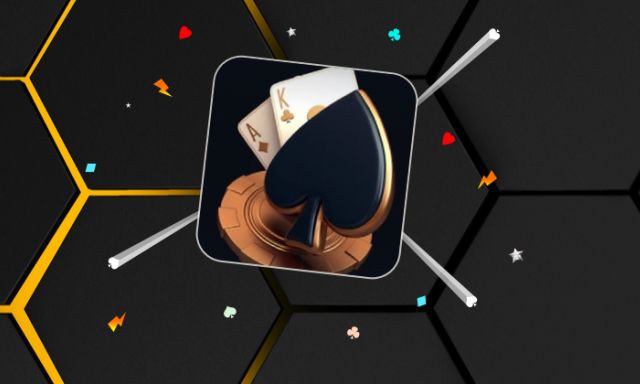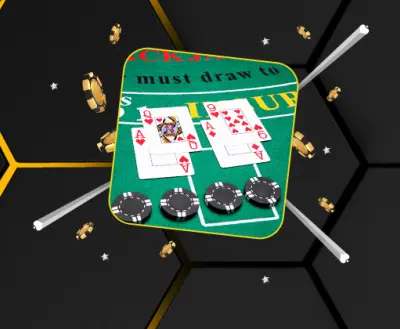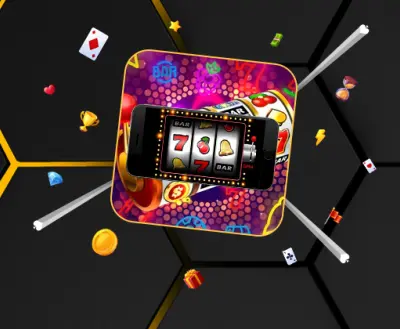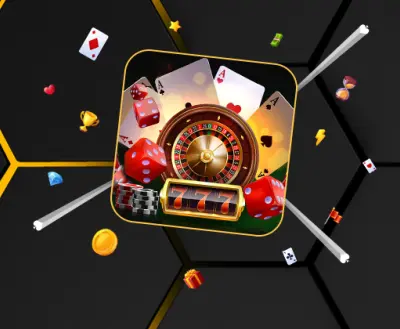What is Blackjack Insurance?
What is Blackjack Insurance?
Blackjack insurance is a side bet that can be placed if the dealer is showing an ace. This bet will be offered to all players at the table, before the dealer checks to see if they have a 10 face down. If the dealer does, the insurance blackjack bet will be awarded at the rate of 2:1.
On the other hand, players that did not opt for insurance will lose their total stake size, and the round will end immediately. Should the dealer not have a blackjack, the round will continue as usual. It's also worth mentioning that on some tables, the dealer will only check for a blackjack after all players have made their decisions, although the option to take insurance will be made available before other actions are available.
How Does Insurance Work in Blackjack?
Now that we've answered the question: "What is insurance in blackjack?", let's delve a little deeper into the bet itself. The maximum stake size allowed on blackjack insurance is typically half the main bet size, meaning that players have the potential to walk away without a loss on the hand. Insurance will also only be offered if the dealer is showing an ace, not a 10.
Other side bets can be placed as normal without limiting the option to take insurance. Some examples of other popular side bets include 21+3 and perfect pairs, which can award players with up to 100x their stake size. While the odds on most side bets tend to not be favourable, they can offer an extra layer of entertainment to players!
The Benefits of Taking Blackjack Insurance
There are a couple of benefits of taking blackjack insurance, with the first being the ability to break even on a hand. This can seem attractive to some players, as if the dealer has a blackjack, nothing will be lost.
Insurance can also be beneficial if a few tens, jacks, queens, or kings have been dealt. This will mean that there is more in the shoe and thus, increasing the chance of the dealer revealing a blackjack. Memorising the cards that have been used can strongly assist blackjack players, so paying attention when at the table is crucial.
Disadvantages of Taking Blackjack Insurance
While there are a few benefits of taking insurance in blackjack, the disadvantages arguably outweigh them. According to probability, opting for the insurance side bet isn't the smartest choice. As mentioned earlier, the potential winnings for an insurance bet are 2:1, or 3x the stake size, meaning that the implied chance is ~33.33%. However, the actual chance of the dealer having a blackjack is approximately 3% lower at the start of a shoe.
This can be worked out by looking at the total number of cards that are worth 10, which is sixteen in a deck of 52 cards. So, to work out the chance, we divide 100 by 52 before multiplying it by 16. This comes out to be roughly 30.77%, which is less than the implied chance, meaning that insurance doesn't offer optimal odds.
In addition to this, if there are lots of 10s in your hand, or the cards dealt to other players, these odds decrease even further. The reasoning behind this is relatively simple, as there are fewer 10s in the deck that the dealer can hit. In short, should a player opt to insure blackjack hands, the odds will likely be stacked against them, except in rare circumstances.
When to Take Blackjack Insurance?
The one time that it may be beneficial to insure blackjack hands, is when a player is counting cards. We have covered this strategy extensively in the past, but it essentially involves keeping track of high or low cards, represented by a count. At the start of the shoe, the count isv 0, with high cards equalling -1 and low cards adding 1. Middle range cards, including 7s, 8s, and 9s add nothing.
This number is referred to as the 'running count'. However, it's not this value that's important. Players take this number and divide it by the total number of decks being used, in order to find the 'true count'. When the 'true count' is +3 or higher, taking insurance is the recommended choice.
While this may seem relatively straightforward in theory, card counting requires a huge amount of practice and experience. The count must be remembered at all times, with players performing quick maths to keep track of all cards. All of this must be done while avoiding distractions, such as interaction with other players, talking to the dealer, and following blackjack basic strategy.
However, once it's mastered, players can gain an advantage over the house. This doesn't just apply to taking insurance at the optimal time, but to other areas of the game, too. Different counts can tell players a lot about the cards remaining in the deck, allowing them to change their playstyle to receive optimal odds. With that being said, card counting relies on probability and doesn't guarantee a win every time.
Tips for Using Insurance in Blackjack
Perhaps the best tip for using insurance in blackjack is to avoid it in general. In most situations, it won't offer players odds high enough to warrant the risk. Of course, this doesn't apply to expert card counters, as they can accurately keep track of when the edge swings in their favour!
For casual players that don't count cards, following a basic strategy chart can help to increase the chance of a successful hand. Interestingly, basic strategy also suggests that a player should never opt to insure blackjack hands. There are some instances, however, where players may be advised to surrender their hand if permitted at the table.
Learning the ins and outs of the insurance blackjack bet can also greatly help players when sitting at the table. Last but not least, setting limits is crucial when playing any online casino game. Here at bwin online casino, we offer a range of ways to do this, including deposit limits and capped maximum bet size options.







